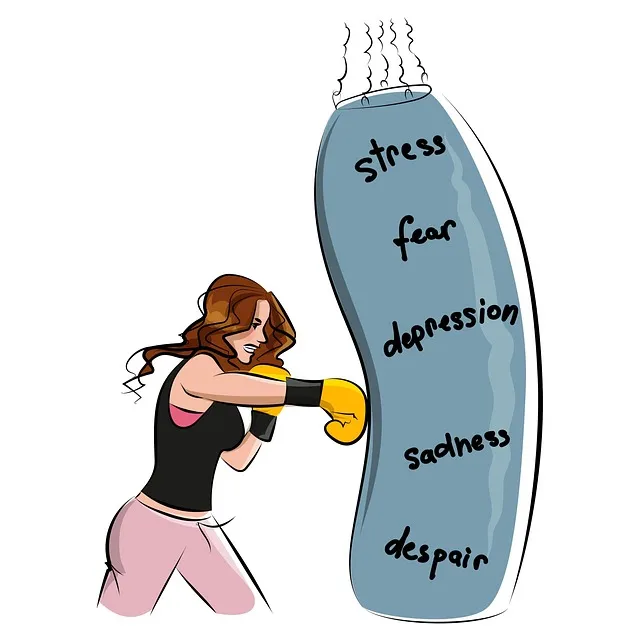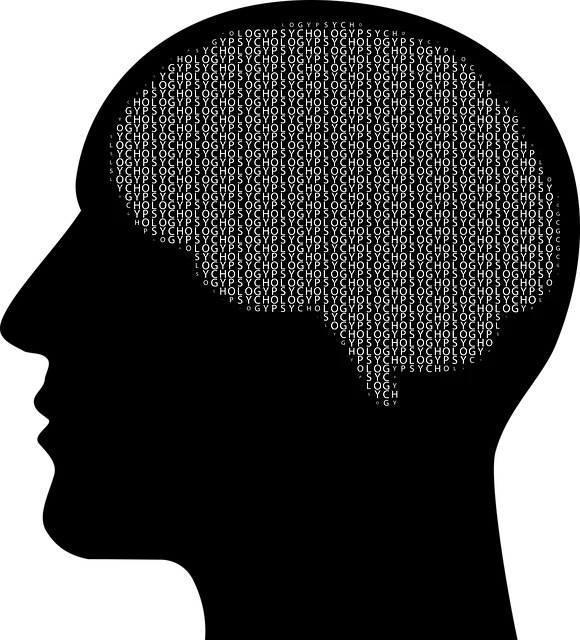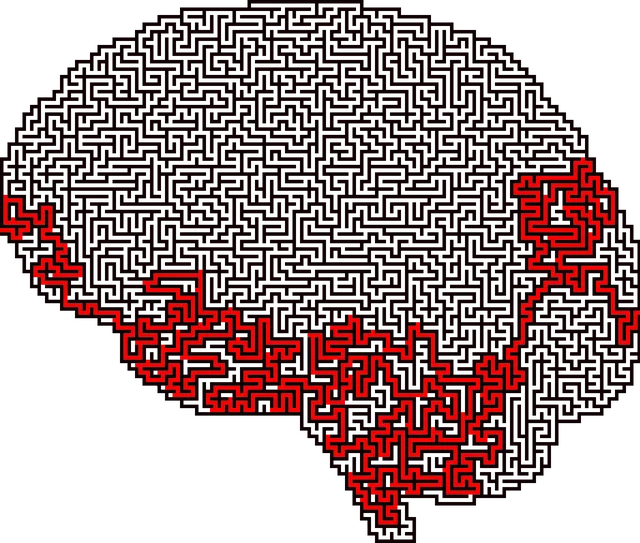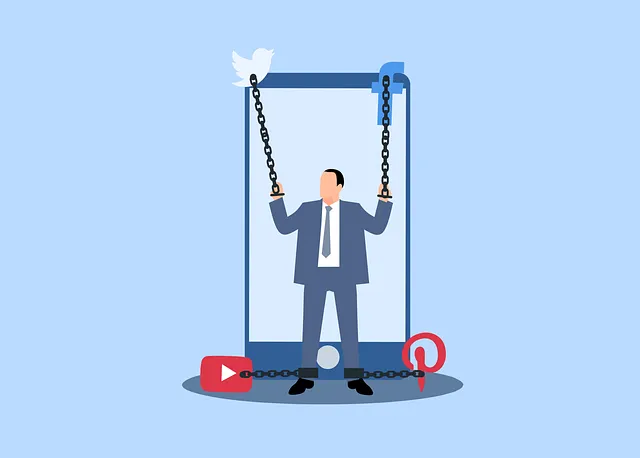Louisville's diverse culture presents challenges for mental healthcare, highlighting the need for accessible community support beyond Kaiser's inpatient services. Integrated care solutions combining public awareness, Mind Over Matter principles, and Compassion Cultivation Practices are crucial. Mental wellness apps, tailored to diverse populations and leveraging technology, aim to destigmatize mental health issues. While Kaiser offers specialized inpatient care, digital apps provide personalized, confidential tools for mood tracking, therapy, and connection, offering advantages like accessibility in resource-limited areas and remote sessions during global health challenges. Effective app development involves market research, user-friendly design, evidence-based practices, robust data security, testing, feedback integration, and strategic marketing to address cultural sensitivity in mental healthcare.
Louisville’s mental health landscape offers unique insights into the growing demand for accessible care. With Kaiser recognized for its inpatient services, there’s an emerging need for digital solutions like mental wellness apps. This article explores why such an app is essential in addressing Louisville’s mental health care needs. We’ll delve into key features and provide a step-by-step guide to development, focusing on enhancing access to support through technology, specifically considering Kaiser’s inpatient services in the region.
- Understanding Mental Health Care Needs in Louisville: A Local Perspective
- Kaiser's Inpatient Mental Health Services: What to Know
- The Role of Digital Solutions: Why a Mental Wellness App is Necessary
- Key Features for an Effective Mental Wellness App
- Developing and Launching: Steps to Create a Successful App
Understanding Mental Health Care Needs in Louisville: A Local Perspective

Louisville, a vibrant city with a rich tapestry of culture and history, also faces unique challenges when it comes to mental health care. Understanding the specific needs and gaps in this realm is essential for developing effective solutions. In terms of resources, Kaiser, a prominent healthcare provider, offers inpatient mental health services, addressing acute episodes and providing stabilisation. However, beyond these established facilities, there’s a growing need for accessible, community-based support.
The local perspective reveals a demand for integrated care that incorporates public awareness campaigns, promotes Mind Over Matter principles, and encourages Compassion Cultivation Practices. By combining traditional therapy with innovative approaches, mental wellness app development can cater to diverse populations. These initiatives aim to destigmatise mental health issues, foster open dialogue, and ultimately improve the overall well-being of Louisville residents.
Kaiser's Inpatient Mental Health Services: What to Know

In the quest to prioritize mental wellness, understanding Kaiser’s Inpatient Mental Health Services is pivotal, especially in locations like Louisville. Kaiser, a renowned healthcare provider, offers specialized care for individuals facing severe mental health crises. This includes comprehensive inpatient programs designed to stabilize and support patients, ensuring they receive the necessary treatment and resources.
The services cater to a range of needs, from acute episodes to long-term recovery plans. With a focus on Burnout Prevention Strategies for Healthcare Providers and Cultural Sensitivity in Mental Healthcare Practice, Kaiser integrates evidence-based practices into their approach. Additionally, robust Risk Management Planning for Mental Health Professionals is implemented to safeguard patient well-being and ensure ethical, quality care delivery within their facilities across Louisville and beyond.
The Role of Digital Solutions: Why a Mental Wellness App is Necessary

In today’s digital era, the role of technology in mental wellness is more significant than ever. With increasing awareness about mental health issues, there is a growing need for accessible and effective solutions that cater to diverse needs. A mental wellness app can bridge this gap by providing personalized support and resources to individuals seeking help. These apps offer a convenient and confidential platform for users to track their mood, access therapeutic exercises, and connect with professionals, thereby fostering self-care practices.
Compared to traditional methods of care, digital solutions like these present several advantages. For instance, they enable easy navigation and accessibility, especially in regions with limited resources or where professional help is scarce, such as Louisville, where Kaiser may not have inpatient mental health services readily available. Furthermore, apps can be tailored to individual preferences, promoting engagement and adherence to treatment plans. They also facilitate remote therapy sessions, breaking down barriers and allowing for more flexible support systems, particularly relevant in light of the ongoing global health challenges that have shifted many services online.
Key Features for an Effective Mental Wellness App

When developing a mental wellness app, incorporating key features is essential to ensure its effectiveness and appeal to users seeking support. One of the primary aspects is providing a user-friendly interface that allows individuals to easily navigate through various tools and resources tailored to their specific needs. This includes intuitive functions for tracking moods, setting goals, and accessing mindfulness exercises or therapy sessions. Customization options such as personalized dashboards, adaptable routines, and diverse content in terms of language, culture, and gender expression can significantly enhance user engagement.
Additionally, integrating evidence-based practices like cognitive-behavioral therapy (CBT) techniques, relaxation strategies, and social connection features can empower users to manage their mental health proactively. The app should offer a safe space for individuals to openly discuss their experiences, while also promoting self-care through reminders for activities like exercise, meditation, or journaling. For instance, considering the needs of those seeking inpatient mental health services in Louisville, such as those provided by Kaiser, the app could include resources for local support networks and emergency contact options, ensuring users have access to comprehensive care when required.
Developing and Launching: Steps to Create a Successful App

Developing a mental wellness app requires careful planning and execution. First, conduct thorough market research to understand existing solutions and unmet needs within the mental healthcare landscape, especially in specific regions like Louisville where organizations like Kaiser offer inpatient services. Identify your target audience—whether it’s individuals seeking self-awareness exercises or professionals requiring cultural sensitivity training—and tailor features accordingly.
Next, design intuitive user interfaces that promote engagement and encourage consistent use. Incorporate evidence-based practices such as social skills training to foster connections and support among users. Ensure robust data security measures to protect sensitive information, aligning with industry standards and regulations like HIPAA. Test the app extensively, gather feedback from both users and mental health professionals, and iteratively refine its functionalities. Finally, launch strategically, leveraging marketing channels relevant to your audience—including digital platforms and community partnerships—to create awareness around your app’s unique value proposition, particularly in addressing cultural sensitivity in mental healthcare practice.
Louisville’s mental health landscape benefits significantly from digital innovation, particularly through apps that cater to diverse needs. As evidenced by Kaiser’s inpatient services in the region, access to quality care is a priority. A well-designed mental wellness app can augment these services by offering accessible, personalized support. By incorporating key features like mood tracking, mindfulness exercises, and connected communities, such an app has the potential to revolutionize mental health management. Following established development steps ensures a successful launch, positioning the app as a valuable tool in Louisville’s pursuit of enhanced mental well-being.






